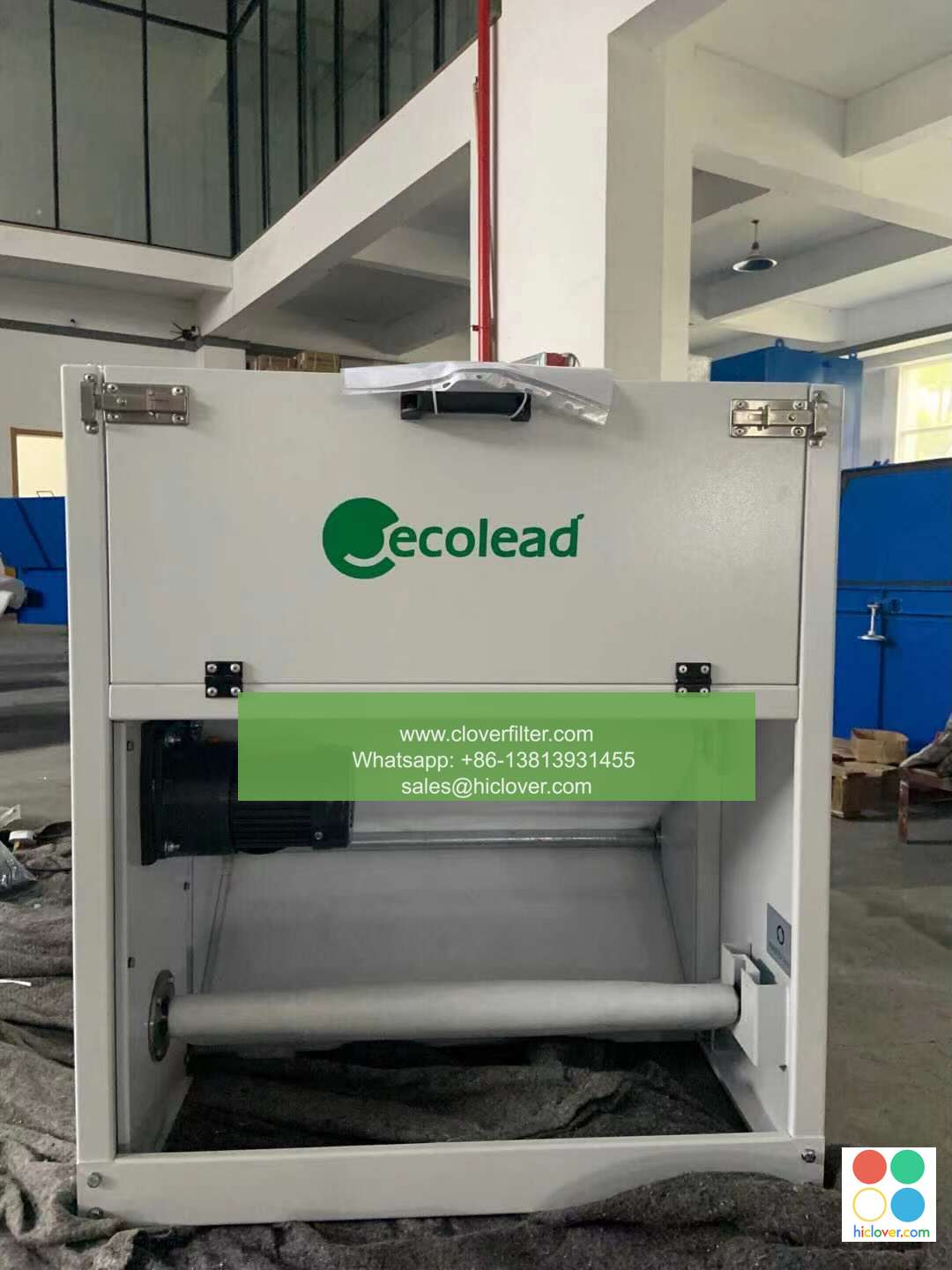The Ultimate Air Filter App Comparison: Which One Is Right for You?

In today’s world, where indoor air quality and air purification have become major concerns, air filter apps have emerged as a vital tool to monitor and control the air we breathe. With numerous options available, choosing the right app can be overwhelming. This article provides an in-depth comparison of the top air filter apps, highlighting their features, benefits, and application areas to help you make an informed decision.
Introduction to Air Filter Apps
Air filter apps are designed to work in tandem with air purifiers and air quality monitors to provide real-time data on indoor air quality, allowing users to take corrective measures to improve their breathing environment. These apps often feature IoT integration, enabling seamless connectivity with smart devices and wireless sensors to monitor PM2.5 levels, temperature, and humidity.
Top Air Filter Apps Compared
Here’s a comparison of the leading air filter apps, including their key features and application areas:
* Aware Air: This app is designed for home automation and integrates with popular smart home systems to control air purifiers and monitor indoor air quality. It’s ideal for homeowners seeking a comprehensive indoor air quality management solution.
* Air Quality Monitor: This app focuses on providing real-time air quality data and pollution alerts, making it suitable for individuals with respiratory issues or those living in areas with high air pollution levels.
* Smart Air: This app is geared towards commercial spaces and industrial settings, offering advanced features like air quality analytics and customizable alerts to ensure a healthy and productive environment.
* BreatheEasy: This app is designed for personal air quality monitoring and provides users with actionable insights to improve their indoor air quality. It’s perfect for individuals who want to take control of their breathing environment.
Key Features to Consider
When choosing an air filter app, consider the following key features:
* Real-time data: Look for apps that provide real-time data on indoor air quality, including PM2.5 levels, temperature, and humidity.
* IoT integration: Ensure the app integrates with your smart devices and wireless sensors for seamless connectivity.
* Customizable alerts: Opt for apps that offer customizable alerts to notify you of changes in indoor air quality.
* Air quality analytics: Choose apps that provide in-depth analytics to help you understand and improve your indoor air quality.
Application Areas
Air filter apps have various application areas, including:
* Home automation: Integrate air filter apps with your smart home system to control air purifiers and monitor indoor air quality.
* Commercial spaces: Use air filter apps to ensure a healthy and productive environment in offices, schools, and other commercial settings.
* Industrial settings: Apply air filter apps in industrial settings to monitor and control air quality, reducing the risk of occupational hazards.
* Personal air quality monitoring: Utilize air filter apps to monitor and improve your personal breathing environment, especially if you have respiratory issues.
Conclusion
The right air filter app can make a significant difference in maintaining good indoor air quality and ensuring a healthy breathing environment. By considering key features like real-time data, IoT integration, and customizable alerts, you can choose the perfect app for your needs. Whether you’re a homeowner, business owner, or individual with respiratory concerns, there’s an air filter app out there to help you breathe easy. You haven’t provided a question or topic for discussion. Please provide more context or clarify what you would like to talk about, and I’ll do my best to assist you.

